My name is Brittany Steffen, and I own and operate Steffen Counseling Services, based in Seattle, Washington. I was recently asked how we connect our low cost services to those clients who most need those services, and after writing a very detailed response, I thought it might help our organization reach more clients in need of this treatment, if I shared my answers and requested additional ideas from our readers.
Now, this question (about how we connect our services with people who specifically need low cost therapy) was mostly about tracking and reporting- hard numbers- but I wanted to think more broadly about our efforts, and how we can work to continue to find clients who need this treatment. As a small business owner, I can confidently say that the biggest challenge my practice consistently faces is how to connect clients who need low cost services with our therapists who provide those services. I also frequently hear from referrals that we are the only group who called them back, or that they emailed 30 therapists before finding us! This is a problem that should not exist, but has plagued us for years now. Our interns have openings for new clients, including individuals, couples, and families, and we would love to make sure that these openings go to those clients who need them.
In an attempt to help further our goal of matching low income and/or underserved clients with low cost therapy, I want to do three things:
- Answer some common questions about our low cost therapy services
- Share information about how we attempt to reach underserved communities, and how we track that outreach
- Request ideas and recommendations from the community as a whole, so that we can implement new strategies in 2024
First let’s define the term “underserved communities” as it applies to therapeutic services. This term refers to groups of people who face barriers or limited access to mental health services, and can include individuals from marginalized backgrounds, lower-income populations, ethnic or cultural minorities, LGBTQ+ communities, and those residing in rural or remote areas. Underserved communities may encounter challenges such as financial constraints, cultural stigmas, lack of representation, or geographical isolation, making it difficult for them to access and receive adequate mental health support.
Common questions about our low cost therapy services:
- How much are these services?
- Our low cost sessions with our clinical interns are $60-$75 per session for individuals, couples, and families, and in addition to the standard therapy topics (anxiety, depression, stress, life transitions, etc.), we offer sex therapy and EMDR treatment for trauma
- Describe the application process for individuals who wish to utilize the sliding fee scale:
- Anyone can see an intern and choose their price point within our sliding scale. We do not require proof of income or an application to see an intern, as I feel that is yet another hurdle between clients and therapy services. We do not require clients to apply to receive these services, and instead we use outreach and networking to ensure that we are finding people who need these low cost services
- How does the internship site communicate to potential clients that low-fee services are available for those who qualify?
- Our services are advertised on our website, on our interns’ Psychology Today profiles, in our Google Ads, and are included in the vast majority of our email responses to new client inquires. When we receive a referral inquiry, we respond based on the client’s email and questions, and offer either low cost sessions with interns, mid-range priced services with associates/licensed therapists (all of whom are former interns, with the exception of 2 who are former students of mine from SPU’s MFT program), and/or both service options. We also offer my therapy services as a higher cost option for those who want to work with an AASECT certified sex therapist
- How does the internship site ensure that clients from underserved communities are not turned away due to financial constraints?
- Because we have 3 tiers of pricing- my higher rate as a Certified Sex Therapist, our associates and licensed clinicians at our mid-range price point of $145 per session, and our low cost, sliding scale intern sessions at $60-$75 per session, we almost never have to turn away a client inquiry. We also do not require weekly sessions, instead letting the client dictate frequency of therapy, and we allow clients to choose their cost per session within our sliding scale rate, when they self schedule on our client portal. This self scheduling option means that we do not generally need to talk to clients about the cost per hour they wish to select, as we feel that it can be anxiety provoking for clients to be put on the spot regarding pricing. Instead they have 4 options between $60-$75 per session, and they can pick what they can afford between that range
How we currently attempt to reach and serve underserved communities:
- Intern Variety: our interns are from a wide variety of backgrounds, and have different specialties that overlap with underserved communities. Some examples: our clinician Hailey Clum specializes in working with POC, and those experiencing racial trauma, while Aishleen O’Brien, a nurse at Children’s Hospital, works primarily with clients dealing with medical issues, and their parents. Our former interns Liz Rogers and Jaye Minor specialized in providing EMDR for trauma, and our current intern Genevieve Santerre specializes in working with high conflict couples. We also have current interns who identify as LGBTQIA, and advertise as such on our website. Right now we are specifically looking for new interns who are willing to get EMDR trained before starting their internship, as low cost EMDR services are extremely hard to find
- Schedule Variety: we have current interns who see clients on evenings and weekends. While we don’t require this of our interns, we do ask all intern candidates what they think they bring to SCS that would benefit those communities, including the ability to see clients on evenings and weekends (we have found that members of underserved communities tend to have less flexible jobs, and/or school commitments)
- LGBTQIA + Couples/Sex Therapy: SCS specifically focuses on working with LGBTQIA clients, clients who are poly/ENM and/or identify as a member of the kink/BDSM community, both of whom we consider to be under serviced communities. We provide gender affirming care and letter writing services with our interns, and do not require a set number of sessions to receive a letter, per the WPATH Guidelines
- Networking and Advertising: we pay to advertise our low cost services specifically, in an attempt to reach people who actually need those services from a financial standpoint. This includes clients who lack insurance coverage, who have a high deductible, or who are seeking services that their insurance will not cover. Over the last few years, I’ve done a ton of the more “traditional networking”, contacting universities and colleges, medical clinics, group practices and individual therapists, including former students, community mental health agencies, LGBTQIA organizations, and much more. I’ve also reached out to places like The Stranger and The Seattle Times, have been interviewed on podcasts and written articles and/or provided quotes for sex positive media, and work as an educator for the sex toy company, Adam and Eve. We contact local churches to offer our premarital services, and are currently in the process of posting physical flyers in Seattle community centers. We are always trying to think outside the box when it comes to networking!
- We also have listings on Inclusive Therapists, Open Path, and Deconstructing the Mental Health System
- Remote Services: we are fully telehealth, which makes it easier for people residing in rural or remote areas to access treatment
- Education and Social Media: I create educational videos on TikTok and Instagram, and post educational articles on our SCS blog. These are aimed at helping people understand the process of starting therapy, understanding their benefits, and more. I answer questions such as what are red flags in therapy, how to know when to see a sex therapist, how to find and vet a therapist, etc. In addition, I also post videos and blogs answering sex therapy related questions, which freely gives viewers information that is usually behind a very expensive paywall!
- Couples/Family Therapy + Insurance Billing: we clearly explain the confusing topic of insurance billing for couples therapy on our website, providing education for couples seeking therapy so that they understand why insurance will not cover couples therapy, family therapy, or sex therapy in many cases. Many of our client couples/families cannot afford to pay for full price out of pocket services, and those clients benefit from our low cost services. We believe that offering low cost couples/family therapy benefits a variety of underserved communities, including children and impacted by conflict in their homes
Our tracking and reporting efforts:
- Google Ads: right now we are able to use Google Ads to track our reach and conversion rate, and we are currently reaching ~60% of all people within the niche of people in Seattle, Washington, searching specifically for “low cost therapy” via Google’s search engine. This is an extremely high number, which means that our targeted ad is working!
- Website Survey: we have a question on our new client survey form asking if they are interested in low cost services. If a client selects that option, we provide information about our low cost intern sessions
- Referral Tracking: we do request that our clients provide us information on where they found our services, but are finding that not many clients actually fill out that question in their intake. We have recently made that mandatory, and are seeing many referrals from other clinicians and from Google leads
Our request for new and creative ideas to help solve this problem:
I’d love to request new ideas from the community as a whole, so that we further our goal of reaching and providing therapy services to underserved communities! If any readers have ideas regarding additional organizations we could connect with, marketing and outreach tools we can utilize, or any other thoughts on how to connect our therapists with clients who are in need of low cost services, I am all ears! The one thing we will NOT do is require incoming clients to apply for these services, or provide proof of income.
Here are some broad categories, to kickstart potential new ideas from readers, regarding how SCS can reach more people in need of low cost therapy:
- Podcasts or publications specific to Washington State, related to mental health
- Connections who work for local media or news organizations who would be interested in promoting low cost therapy services
- Community mental health agencies and/or local charitable organizations, related to mental health
- Medical providers who are in need of additional therapy referrals
- Local or Washington based companies related to mental health, sex education and/or sex positivity
There are probably a ton more ideas I’m missing- so please reach out to us via email if you would like to share your thoughts, ideas, or recommendations!
Sincerely,
Brittany Steffen

